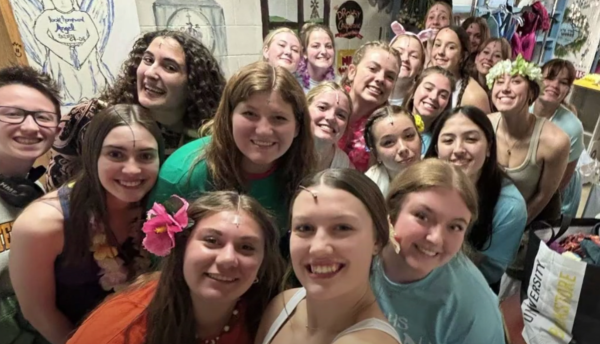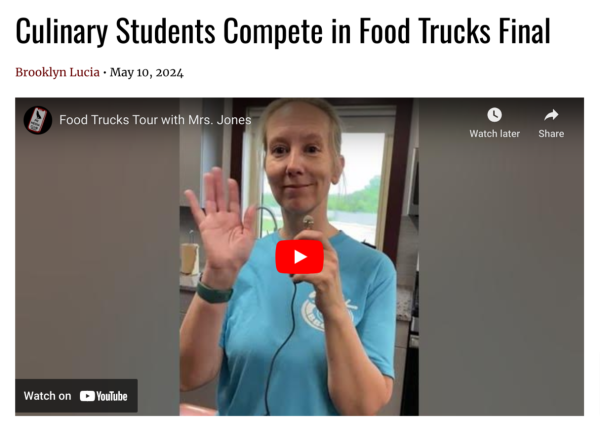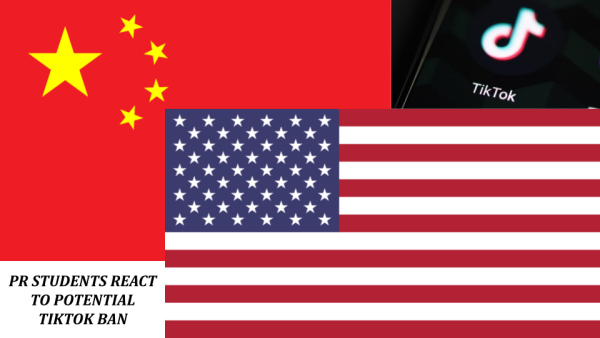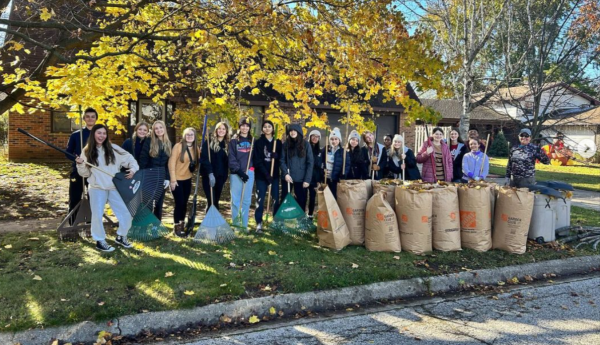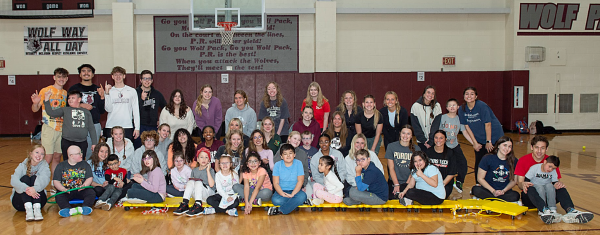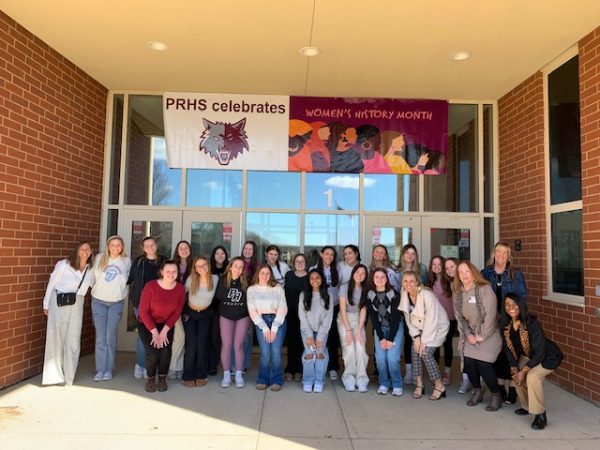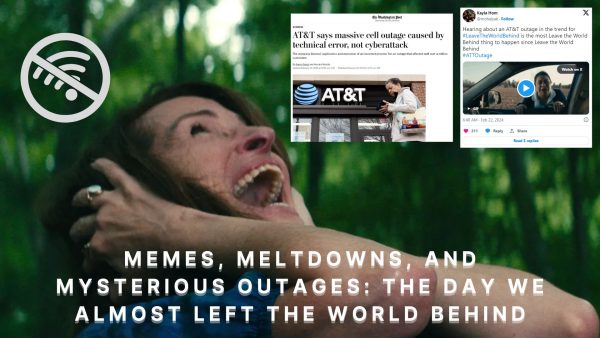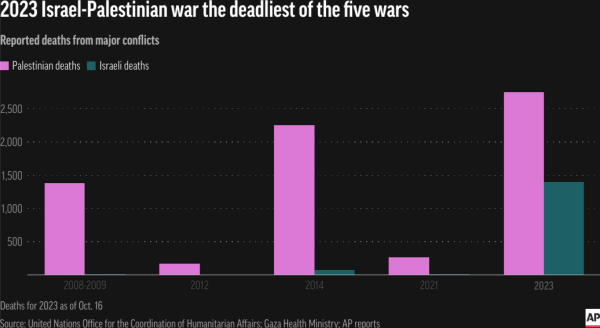A New Way of Writing
Newly released to the public, ChatGPT, the AI writing platform, can produce an essay with high-level syntax and complex connections. Seems like a great tool for students, right? Wrong, say journalists and teachers.
Early articles about this AI tool proposed that teachers would lose jobs, students would lose the will to learn, and writing would lose its personal warmth and meaning.
Although ChatGPT is clear, efficient, and organized, the AI does not understand the words it is putting out there.
Glenn Kramon, lecturer and business writing teacher at Stanford, actually posed the question “What are the benefits and drawbacks to ChatGPT?” to the program.
Its response proved that society cannot replace human writers with a bot. The bot said, in response, “it lacks creativity and the originality of a human writer.” If the bot itself does not believe it can accurately replicate human writing, how can we rely on it?
Edward Tian, a Princeton University student working to eliminate our reliance on AI said, told NPR, “We’re losing that individuality if we stop teaching writing at schools. Human writing can be so beautiful, and there are aspects of it that computers should never co-opt. And it feels like that might be at risk if everybody is using ChatGPT to write.”
AI writing seems to cause more harm than good.
Teachers worldwide are obviously worried that their students will begin to plagiarize their work and forget the basic fundamentals of writing.
Even some students are questioning the utility of ChatGPT. Senior Molly Willis said, “ChatGPT seems more harmful than helpful because it doesn’t contain the same warmth a person’s writing typically has.”
Although there is a lurking sense of fear around this technology, there is also some hope on how to combat these anxieties.
Edward Tian just might have become a hero for English teachers.
On New Year’s Day, he developed an anti-ChatGPT app: GPTZero. This program is working to fight plagiarism and hopefully squash the thought of implementing ChatGPT as part of the education system.
However, it is still only in its beta era and has a long way to go before it can be implemented. Zoe Kramer, writing for Freshered, suggests that “GPT Zero, while still in development, has the potential to meet a need within schools and universities” to help determine whether admission essays, for example, are students’ own work.
Technology is ever advancing and plaguing the education system. AI has the potential to crush human creativity by diminishing students’ ability to generate new writing.
Although it may seem like a helpful tool, ChatGPT should not be the future of writing.
Editor’s Note: This article has been edited to omit an unverified quotation. Wolf Prints regrets the error.
Further Reading:
Op-Ed: Will new AI replace human writing? Not anytime soon
This 22-year-old is trying to save us from ChatGPT before it changes writing forever





